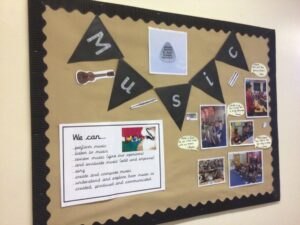Subject Leader – Mrs Milne
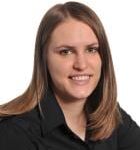
Music Rationale
At Willington Primary, we follow the Charanga music scheme of work for music from Years 1-6. Reception also have access to this. This is because our school needed a diverse approach and a comprehensive program that has been proven to work. Charanga is easy to use and engaging, follows the national curriculum guidance, and the children enjoy learning to use the glockenspiel and boom whackers correctly, as well as developing a good sense of rhythm, pulse and timing. It is also be used by our peripatetic teachers who provide greater, more in depth experiences from real musicians, promoting the cultural capital.
The songs and instrumentals provided in Charanga are diverse, often current and engaging for the children, as well as being from varied cultures to foster a wider awareness of the world that we live in. Through the musical history and carefully chosen pieces of music that they are played, the children are introduced to many backgrounds and lifestyles that they may not otherwise be exposed to. It also encourages good vocabulary and oracy skills through singing, discussion and recall.
Charanga teaches music in the same format of lessons across each unit and year group to make sure it is familiar and constantly builds upon prior learning for the children.
We promote performance through Christmas, Easter and end-of-year performances so that the wider community can appreciate how wonderful our children are. Performing Arts club also runs for upper KS2, furthering the cultural capital in this area.
In Year 4, the children are professionally taught ukulele and music history. We chose a stringed instrument as most children had an interest in the guitar – pupil voice. The children form good relationships with music as we keep it relevant, fun and Pupil voice also shows that children would like more music lessons taught in each class, therefore, from September 2022, every class will be expected to teach one unit of music each term. To enable a greater understanding of what the children would like to see in music lessons, I have started a Music Council. We will also be recording assessment through Seesaw and the children can see their own learning journey. I have created a Learning Journey Log for each year group so that the lesson targets are shared with the children and they can self-assess as they learn. Taking ownership over their own learning should result in a great will to achieve.
“Music is really fun. I enjoyed ukulele so I also started learning the clarinet!” – Sam, KS2
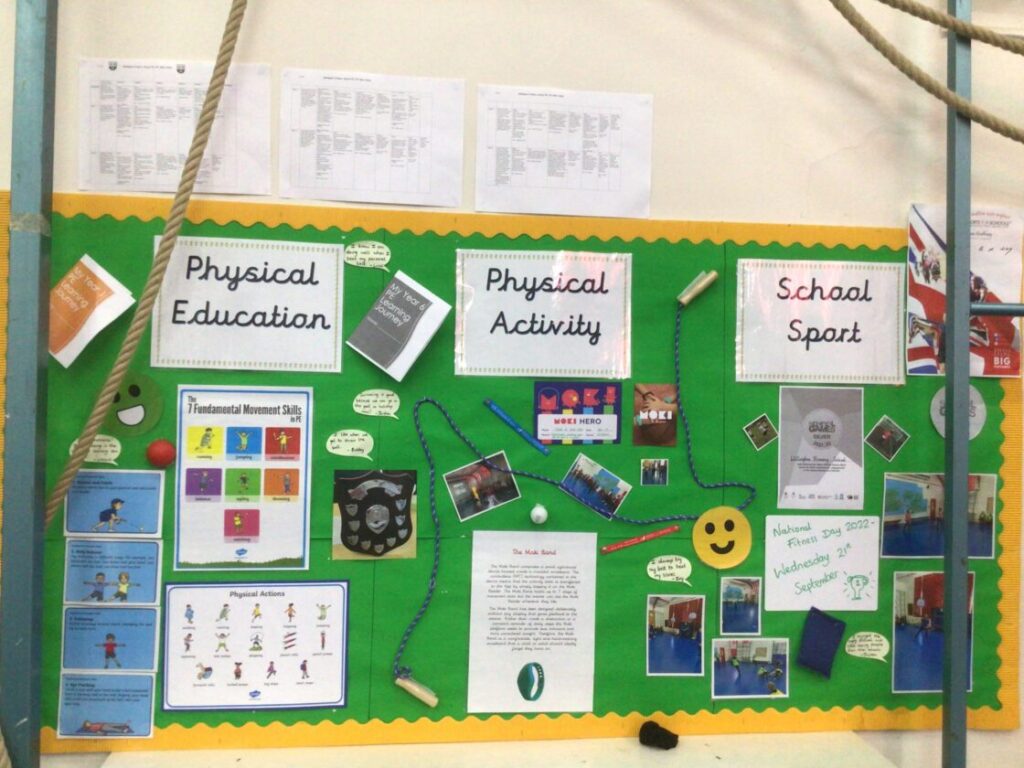
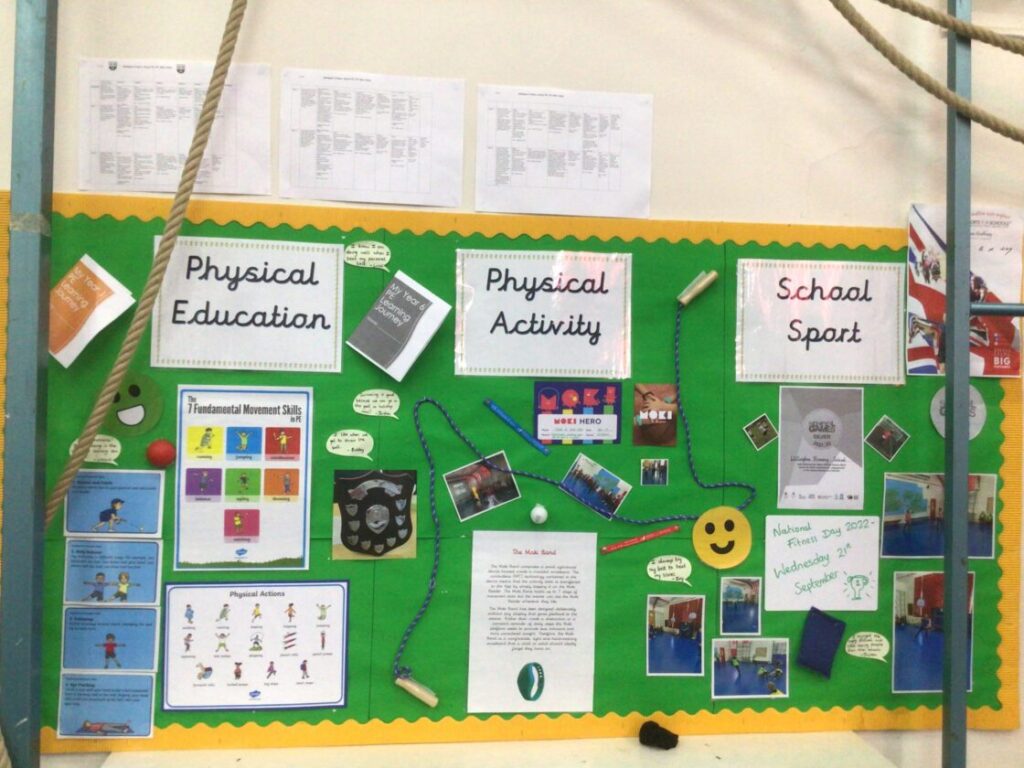
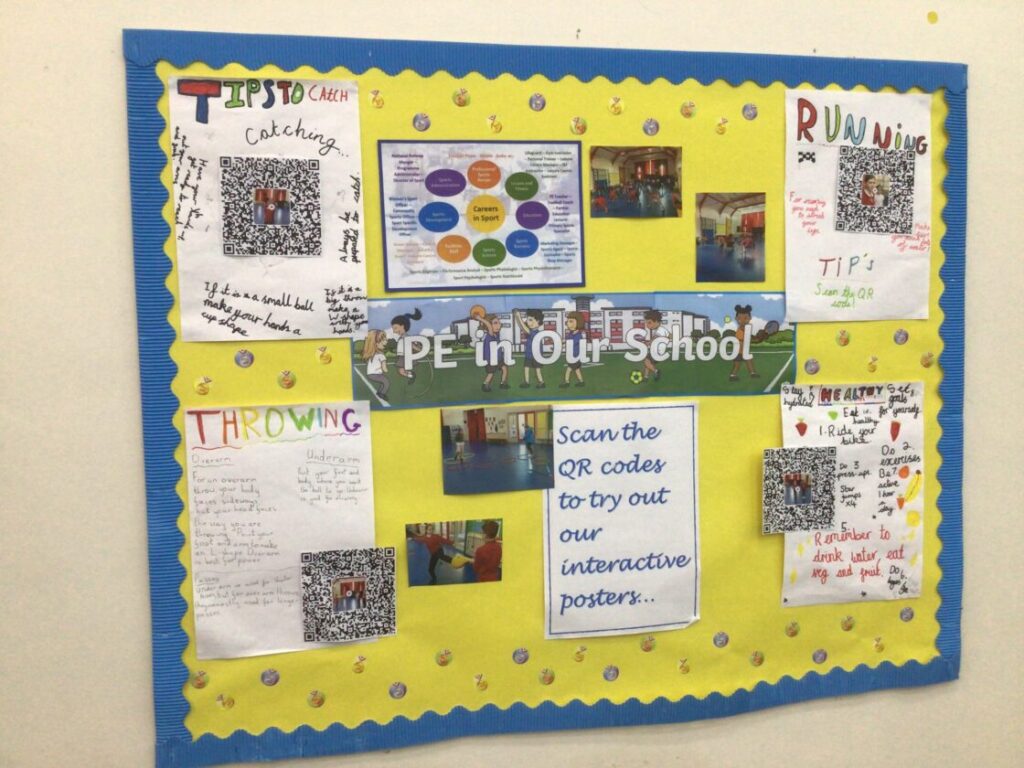
Willington Primary School Music Intent
The National Curriculum for music aims to ensure that all children:
- perform, listen to, review and evaluate music
- be taught to sing, create and compose music
- understand and explore how music is created, produced and communicated
At Willington Primary School, children gain a firm understanding of what music is through listening, singing, playing, evaluating and composing across a wide variety of historical periods, styles, and musical genres. Music encourages the development of both cognitive and social skills, as well as improving self-confidence, creativity and self-esteem. It is one of the most expressive forms of art and our intent is that that all of our children are exposed to a rich and varied musical curriculum.
Implementation
By the end of Year 6, each child will have received a diverse curriculum, providing them with the skills, confidence and motivation necessary to develop a life-long love of music. We do this by consistently providing opportunities for listening and appraising, singing, playing instruments, improvisation, composition and performing. The children learn to play the glockenspiel in years 2, 3 and 5. The boomwhackers in year 6, and the ukulele in year 4. Alongside this, various percussion instruments are used throughout the key stages. The children are also offered the opportunity to take wind instrument lessons with an external teacher, which include the flute and clarinet.
Music is taught for an hour weekly, in half termly blocks. We use a structured music programme called Charanga, as well as the weekly singing assemblies, various concerts and performances, musical clubs and teaching from specialist music teachers. We use a ‘Music learning journey’ booklet with all children in each year group so that the children can see their targets and progress.
Impact
Our school fosters the children’s love of the arts, by providing all pupils with the chance to showcase and develop their talents. Through musical activities, Christmas and seasonal performance and community events, all children will be provided with a wide range of memorable, confidence-building experiences that they will remember in many years to come. In EYFS and Key Stage 1, the children take part in an annual Christmas show, as well as sharing musical experiences with their families during ‘Stay and Play’ sessions. On occasion, professional musicians are invited in to work with the children to stimulate their love of music. In Key Stage 2, the children take part in ukulele and glockenspiel lessons, and perform twice a year at the local church. Alongside this, Key Stage 2 hold various opportunities for parents and the wider community to enjoy their performances, such as the Year 4 ukulele concert and the Year 6 Leavers’ Assembly. We believe that these experiences help to motivate the children to pursue music further.
“Music is really fun because you get to sing and play instruments. I can’t wait to learn how to play the ukulele in KS2!” – Heidi, KS1

